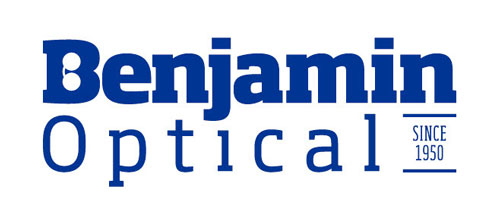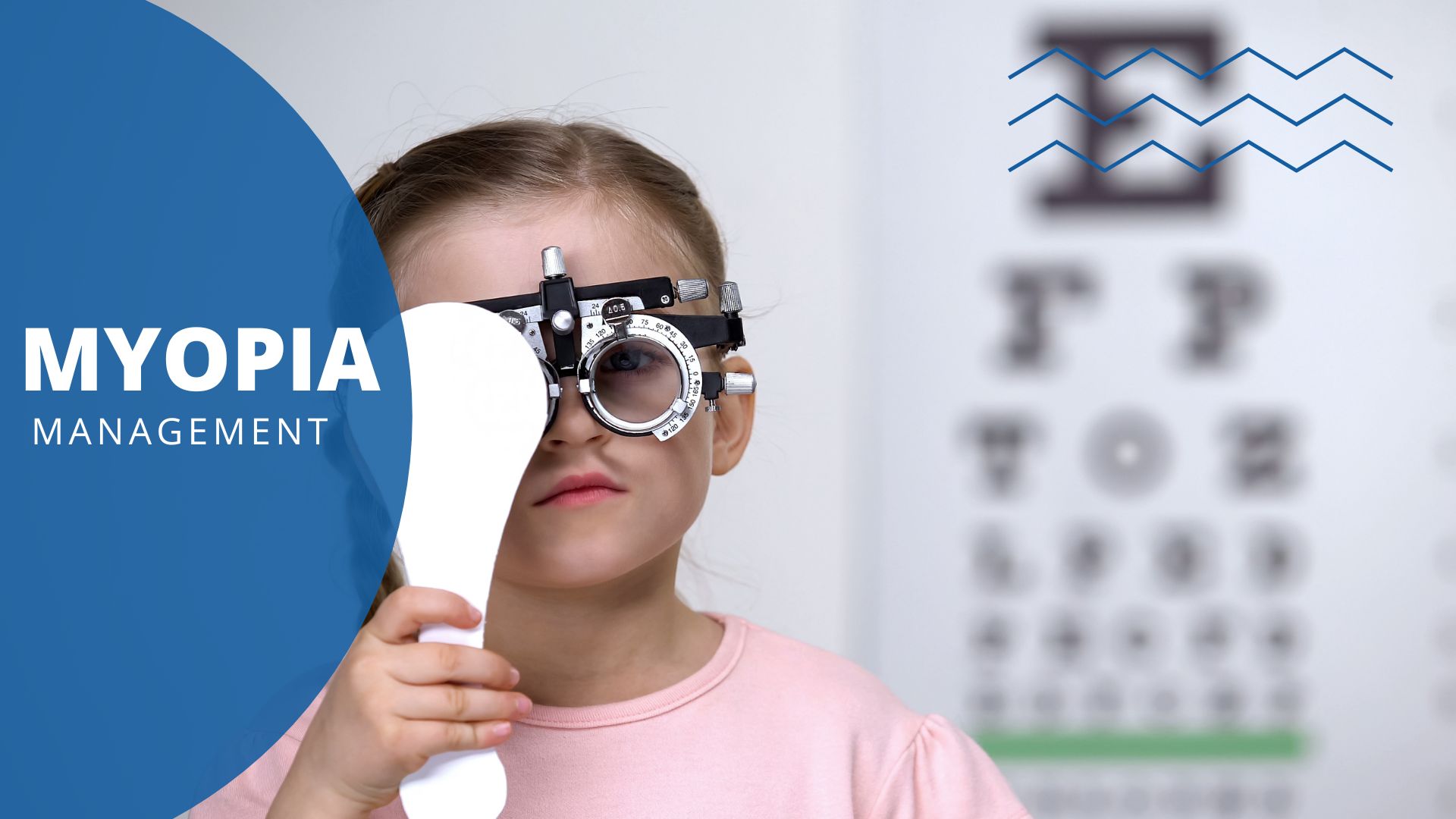Childhood myopia is becoming increasingly common. As a parent, knowing how to manage and prevent myopia in your children is important. At [practice name], we are here to provide you with the information and resources you need. This guide covers key information, from balancing screen time and outdoor play to the importance of regular eye exams. Don't wait for your child's vision to worsen.
What is Myopia?
Myopia, also known as nearsightedness, is a vision condition where distant objects appear blurry while close objects are clear. It occurs when the eyeball is too long or the cornea is too curved, causing light to focus incorrectly on the retina.
Causes and Risk Factors
A combination of genetic and environmental factors causes myopia. Children with one or both parents who are nearsighted have a higher risk of developing the condition. Additionally, lifestyle factors such as spending excessive time on near-vision tasks (reading, using computers, or other electronic devices) and limited time outdoors have been linked to an increased risk of developing myopia.
Tips to Slow Down Myopia Progression
Encourage Outdoor Activities
Research suggests that children who spend more time outdoors have a lower risk of developing myopia. Exposure to natural light and the opportunity to focus on distant objects can significantly impact eye health. Aim for your child to spend at least 2 hours outside every day.
Limit Screen Time
While technology is integral to education and recreation, moderation is key. To reduce eye strain, encourage regular breaks using the 20-20-20 rule (every 20 minutes, look at something 20 feet away for at least 20 seconds). Also, ensure children hold devices at a safe distance, ideally 18 to 24 inches away from their eyes.
Promote a Balanced Diet
A diet rich in nutrients can have positive effects on eye health. Include foods high in vitamins A, C, and E, zinc, and omega-3 fatty acids, which are essential for maintaining healthy vision. Your child's diet should also include leafy greens, fish, and fruits.
Create an Eye-Friendly Environment at Home and School
A well-lit environment reduces the risk of eye strain during near work. Ensure your child's workspace is brightly lit with natural or artificial light that illuminates their tasks without causing glare. Encourage them to maintain a proper reading or working distance and take frequent breaks to rest their eyes.
Instilling good eye care habits from a young age is crucial. Teach your child the importance of taking breaks from screens, spending time outdoors, and eating a healthy diet. Understanding the value of eye health can encourage them to adopt these practices independently.
Regular Monitoring and Professional Care
Routine Eye Exams
Early detection of myopia is vital for effective management. Regular eye exams allow for timely intervention and can prevent the condition from worsening. Children should have their vision checked at least once a year or as their eye care professional recommends.
Collaboration with Eye Care Professionals
Managing myopia requires collaboration between parents, children, and eye care professionals. Our optometrists can provide guidance on the best practices for slowing myopia progression, including prescription eyeglasses, contact lenses, orthokeratology, or low-dose atropine eye drops.
A Team Approach: Collaborating with Eye Care Professionals for Optimal Results
Myopia in children is a growing concern, but its progression can be effectively managed with proactive measures and the right support. Parents can play a significant role in protecting their children's vision by understanding the condition, encouraging healthy habits, and seeking timely professional advice. At , we're here to help you manage childhood myopia. Book an appointment today, and let us guide you toward a clearer future for your child.

